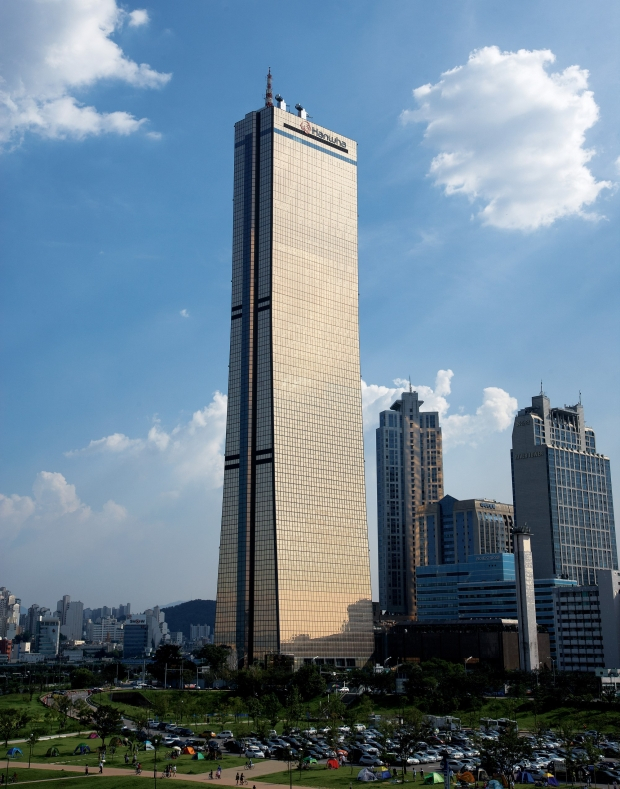
Hanwha Life's headquarters office in Seoul South Korea's key insurers are rushing to increase equity capital in the preparation for two solvency assessment systems effective on January 1, 2023. To polish up their financial status and increase risk-based capital (RBC), Korean insurers are struggling to hold more than enough capital by issuing bonds and selling properties. Korea’s NongHyup Life Insurance Co. will issue subordinated bonds worth 300 billion won ($246.1 million) and Heungkuk Life Insurance Co. will issue consol bonds worth 40 billion won ($32.8 million) by late this month, Financial Supervisory Service (FSS) disclosed on March 23. The two firms haven't issued subordinated or consol bonds for years -- this is the first time NH Life has publicly issued subordinated bonds since 2017; the last time Heungkuk publicly issued consol bonds was in 2013. “We've decided the issuance to secure capital before introducing the latest version of International Financial Reporting Standards (IFRS 17) and Korean-Insurance Capital Standards (K-ICS),” Heungkuk Life stated on Wednesday. The financial authorities of Korea recognize subordinated debts and consol debts as capital in a solvency assessment.Under IFRS 17, Korean insurance companies will be required to measure both assets and liabilities at market price, instead of book value. That will lead to increased value in liabilities and more spending to cover the increased risk. Korea’s financial authorities have encouraged insurers to issue subordinated or consol debts to avoid it, and as a result, the consol debt-to-capital ratio in the Korean insurance industry nearly doubled to 4.7% as of the end-June 2021 from 2.4% at the end-2017.K-ICS is set to calculate the ratio of RBC by evaluating insurance companies’ assets and liabilities based on market value. NH Life’s bond issuance is in an effort to improve the ratio -- the insurer’s RBC ratio dropped to 210% in the end-2021 from 287% in the end-2020 as the interest rate hikes have led to plunges in the companies’ bond price. Some insurers are selling their properties to increase their RBC ratios. Shinhan Life Insurance Co. sold its headquarters building Shinhan L Tower to affiliate Shinhan Alpha REITs for 279.8 billion won ($229.6 million) in September 2020, as well as put its Cheonan Training Institute on the market for sale in late 2021. Hanwha Life Insurance is in the process of selling its office building in Sinseol-dong, Seoul. "A number of insurers will undertake efforts to increase solvency performance until the end of this year," an insurance industry source said.The 53 Korean insurers’ net profit last year amounted to 8.27 trillion won ($6.8 billion), 36.2% up from 2020, in an FSS preliminary report. The net profit of the 23 insurers and 30 casualty insurers reached 3.94 trillion won and 4.33 trillion won, respectively. Despite the improved performances, the insurers’ combined equity capital dropped to 134.61 trillion won last year from 143.03 trillion won in 2020. The plunge followed as the gain on bond valuation decreased by 14.8 trillion won last year due to interest rate hikes.By Tae-Ho Lee and Ho-Gi Leethlee@hankyung.comJihyun Kim edited this article.
Most Read